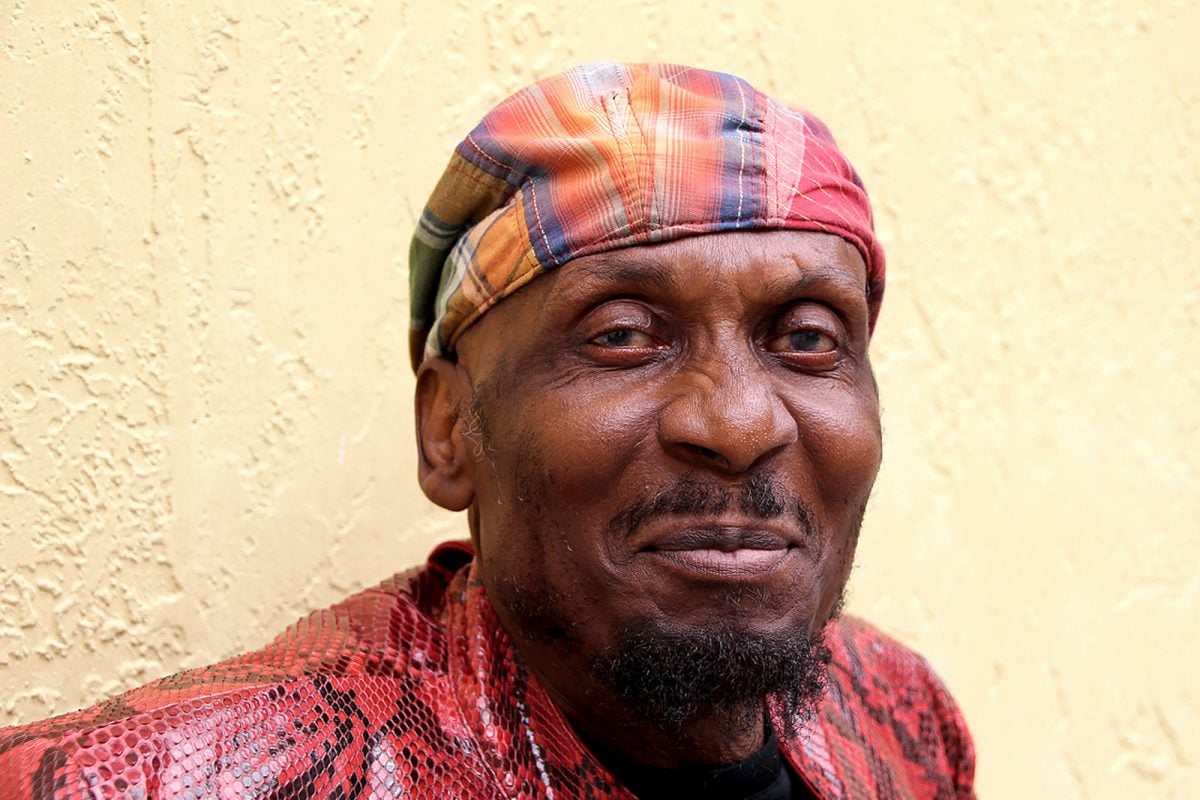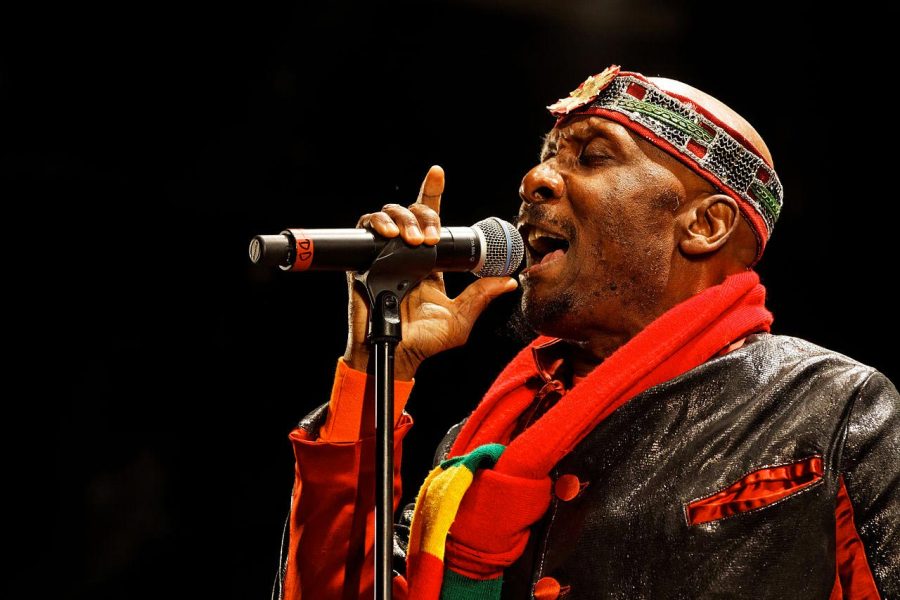Jimmy Cliff Says Racism In London Made Life Difficult

Reggae icon Jimmy Cliff says that the racism he experienced in London as a young star, was exponential and made aspects of his stay there highly unpleasant.
“Boy, London was a b-tch. But I have to give credit, because it was hard in some ways – I experienced racism in a manner I had never experienced before, and that was really tough for me – but there was a lot to learn. I visited museums, I mixed with people, I learned a lot. So it was a two-way street,” Cliff told The Guardian in a recent interview.
According to the Trapped singer, he bonded with Guyanese singer Eddy Grant who was living in England at the same time, and was also facing the same discomfitures as a black man.
“In England we had to fight to get any kind of recognition. Jamaica is a country of 90% African descendants, so I didn’t find it as hard getting recognition, identity, respect there. Eddy was one of the comfortable spirits that I found I could reason with,” he added.
Cliff recently released a song titled Racism, a collaboration with his daughter Lily Cliff, from his album Refugees, which highlights the systemic and what he describes as “international racism” while contending that eventually, “no one wins the race”.

The St James native had written in an essay years ago, about the racism he encountered in the UK with his band “in housing, accommodation and just day to day living”, as well as colorism, which he encountered in Jamaica as a child.
“Racism is something I had known even in Somerton when spending social pastime at the river swimming and cooking. Some of my friends would say, look I am browner than you, which means it is better to be brown and best to be white which I found out is international racism,” he had noted.
“In the UK the difference is you would be told up front we don’t rent or sell to blacks whereas in Jamaica racism was subliminally suggested. So racially I had to fight for my identity and my survival. Then musically I had to be flexible to keep working. Culturally I had to learn to overcome the shock,” he had added.
Interestingly, Cliff had also performed in Apartheid South Africa in 1980, a move that evoked the ire of the country’s oppressed black population.
“My tour of South Africa became controversial as it was during the apartied era, it was an experience that will always stand out in my memory,” the Wonderful World artist had stated in his essay.
Born James Chambers, Cliff, who hails from Adelphi, an outlying district of Somerton in rural St. James. He has often described himself as an innovator, singer, songwriter, music producer, “Artivist” and businessman.
Cliff made his official foray into music after moving to Kingston and having a chance encounter with record producer Leslie Kong who owned a record store and restaurant. After singing for Kong, he convinced him to record him.
His second recording with Kong titled Hurricane Hattie rose to number one on the Jamaican charts, and was followed up with Miss Jamaica, One Eyed Jacks, King of Kings, this during the ska era of Jamaican Music.
Cliff was later recruited by British producer Chris Blackwell, who was regarded as the point man for Jamaican music in the UK at the time. Blackwell had met Cliff while the singer was on his way to the New York World Fair and later invited him to relocate to England.
Cliff spent approximately four years touring and recording songs in Europe. After being invited to perform at an international song festival in Brazil, he toured the South American continent, and wrote songs in Argentina, Chile, Uraguay, Colombia, Panama and Mexico.
He went on to Miami where he finished composing some of his songs, among them Wonderful World Beautiful People, which became his first international hit.
Over the years, Jimmy Cliff has had seven Grammy nominations, winning two for his albums Rebirth in 2012 and Cliff Hanger in 1986.
